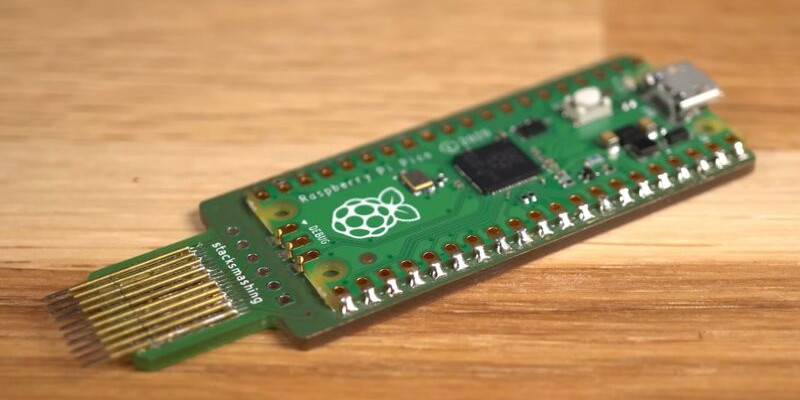BitLocker is a full-disk encryption feature included in various editions of the Microsoft Windows operating system, starting with Windows Vista. It's designed to protect data by encrypting the entire disk drive, including the operating system, system files, and user files.
BitLocker ensures that data stored on the drive is secure and inaccessible to unauthorized users, even if the drive is removed from the computer or accessed by someone else.
However, the decryption key has to be stored somewhere - these reside within the Trusted Platform Module (TPM) and during boot-up, your computer retrieves the key from the TPM. Most new computers have this directly in the CPU, but some older laptops have debug connectors which can unfortunately be sniffed.
The GitHub user Stacksmashing capitalizes on the design of an older Lenovo ThinkPad - with the removal of the back cover, an unpopulated connector on the motherboard becomes the gateway to reading the key. By using a Raspberry Pi Pico mounted on a custom board, they used pins affixed to the carrier board's end for probing of the LPC bus.
Obviously this is a super unlikely edge-case with an older Laptop, but the fact the key can be hacked with a $10 Pico in less than a minute shows that not all computer security can be trusted.
